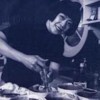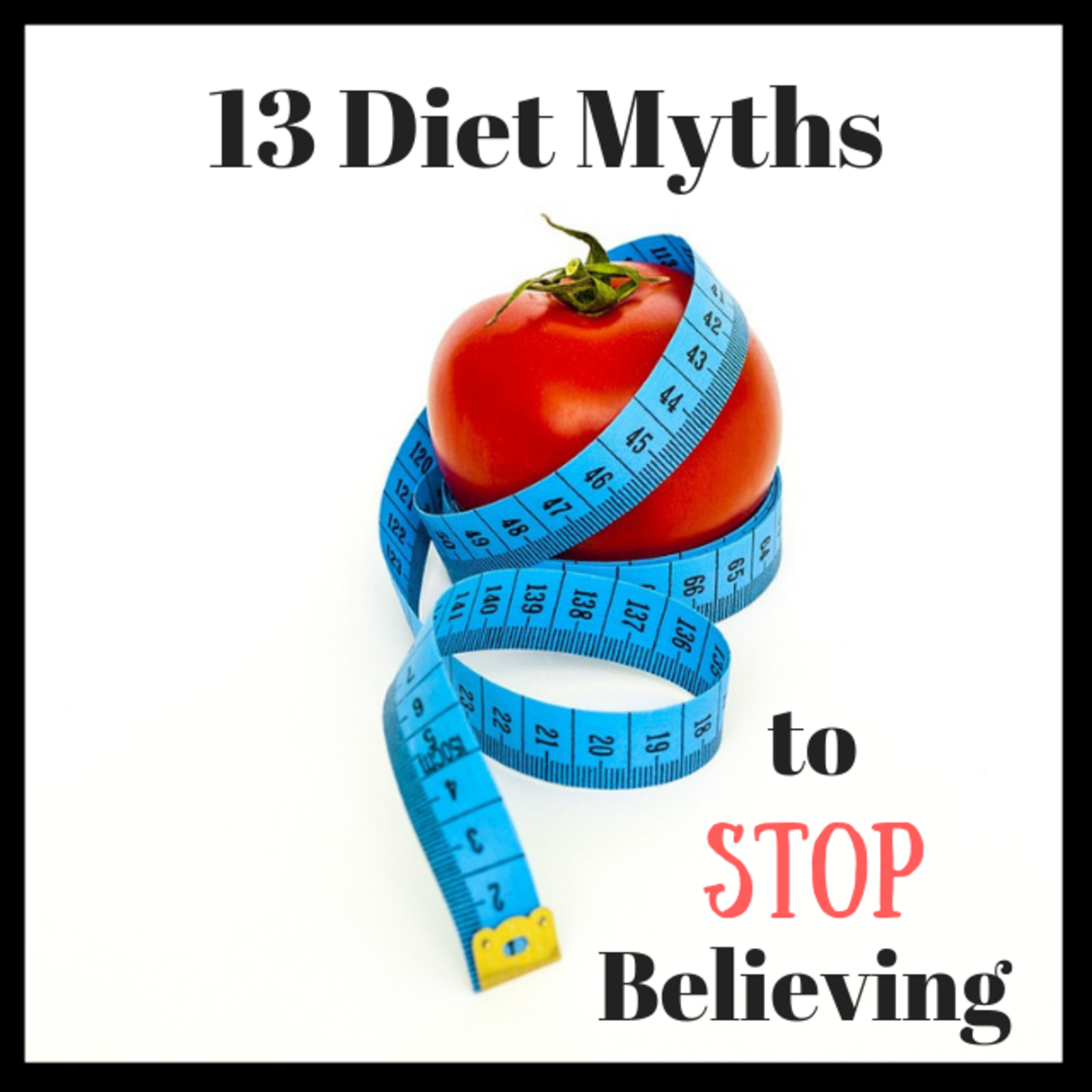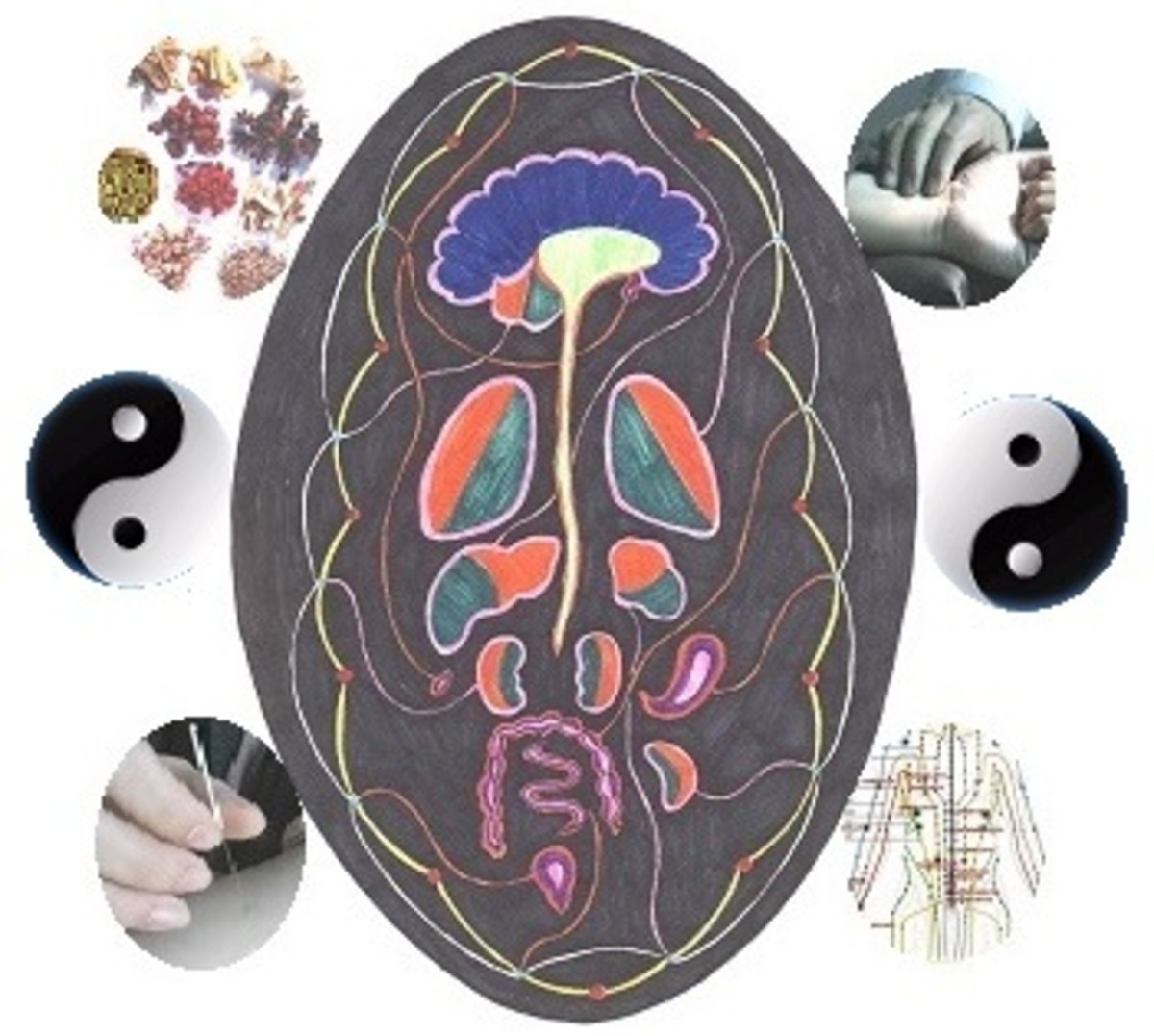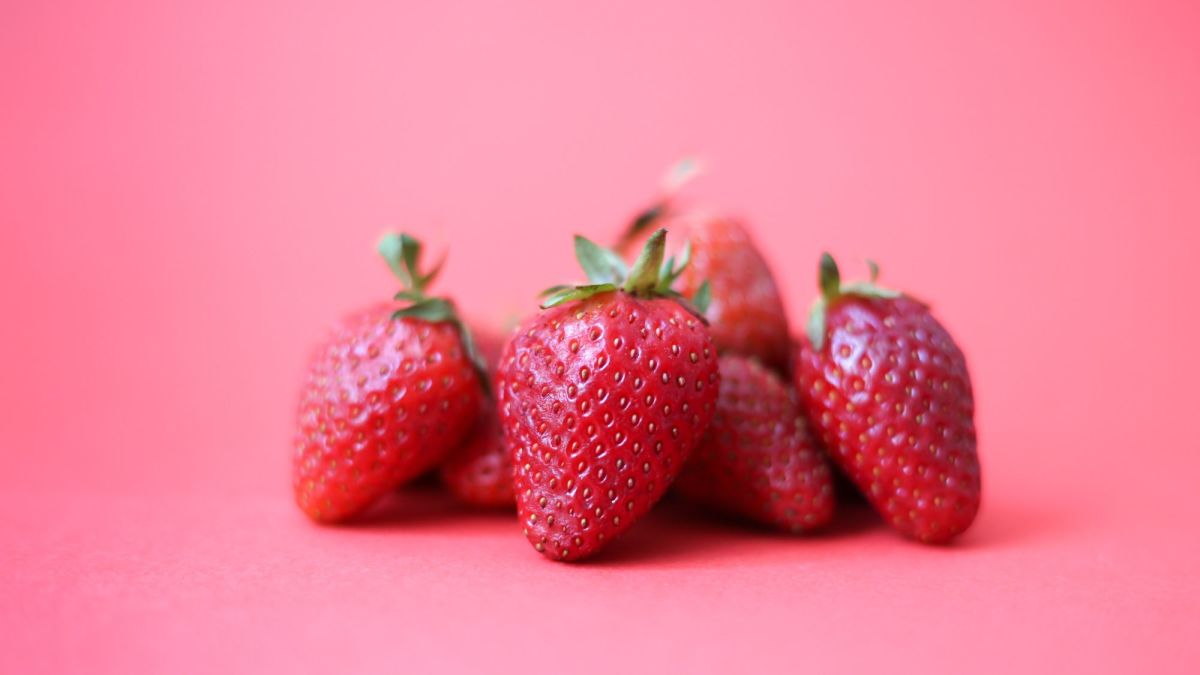Food as Medicine:Seasonal Eating
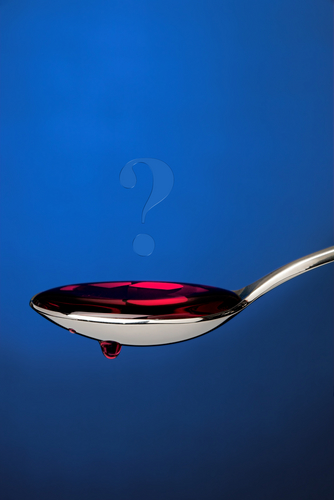
Seasonality has become a fashion statement on the dining scene. However, eating seasonally has been exactly "what the doctor ordered" since antiquity.
Food was the 'drug of choice' in all of the ancient medical systems in Europe, India and China. Whilst the medical theories in each differed, they shared a common philosophy: illness is the result of imbalances within the body and between the body and the environment.
Man lives within nature and staying in harmony with nature's rhythms is essential for good health. The word disease is literally "dis-ease" or physical disharmony. Diet plays a significant role in correcting imbalances and is an important factor in healing the body.
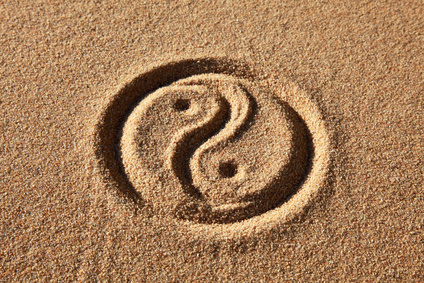

Food as Medicine in Ancient Medical Systems
Traditional Chinese Medicine (TCM) is based on the cosmic theory of Yin and Yang; and the laws of the Five Elements (wood, fire, earth, metal, and water). These elements correspond with organs in the body. Other groups of five such as five flavours, five seasons etc are also involved in TCM. The principles, development of which is credited to the Emperor Huang Di - also known as the Yellow Emperor (2698 - 2589 BCE) - are documented in the ancient Chinese medical classic Huang Di Nei Jing . It remains a respected reference source in TCM to this day.
Indian medicine from around 800 BCE was based on the theory of bodily humours (fluids) which in the Hindu view were connected with cosmic factors. The approach also integrated concepts such as the thermal (hot/cold) qualities of foods and the five states of matter (earth; water; fire; air; and ether/space.)
These concepts were codified in several major Indian medical texts, translations of which made their way around the world over the centuries. Humorial medicine was taught by the Spaniards as part of the medical curriculum at the University of Mexico in 1580.
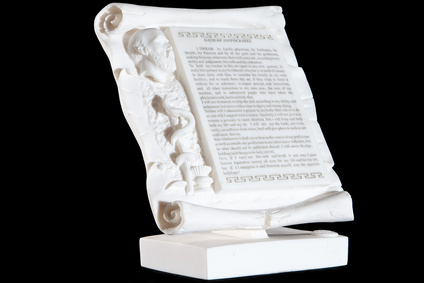
The Hippocratic school of medicine was founded by the Greek physician Hippocrates (460BCE - ca 370 BCE) who is often referred to as the father of medicine in the Western world. Hippocrates held that the four humours (blood, black bile, yellow bile and phlegm) had to be balanced in quantity and quality for good health. Concepts of hot-cold foods and the four elements (earth, air, fire and water) were also integral parts of the Hippocratic approach to medicine.
Diet was key in the prevention and treatment of illness in all of these ancient medical systems. The appropriate diet for an individual was determined based on a wide range of factors including age, gender, occupation, existing state of health, temperament, the "humorial" or yin/yang disposition of the person as well as climate, seasons, the prevailing weather conditions, and other environmental factors.
All ancient medical systems considered seasonal adjustments to the diet as being critical for good health as this ensured proper attunement of the body to the environment. Locally available seasonal ingredients are preferred as they are in harmony with the prevailing conditions.
The ancient medical texts prescribed the foods to be eaten in the different seasons according to their qualities (hot/cold/moist/dry etc) and the cooking methods as the preparation affected the qualities. In On Regimen (one of the many Hippocratic treatises), wheaten bread, roast meat and few vegetables were recommended for winter so as to secure a hot and dry body; whereas boiled meat and softer foods were considered appropriate for summer.
TCM and Seasonal Eating
"To take medicine when you are sick is like digging a well only when you are thirsty - it is not already too late? " Qi Bo, 2500 BCE. [Qi Bo was a Chinese doctor who as advisor to Emperor Huang Di.]
In Chinese medicine, food is an important aspect for maintaining or creating the requisite balance in an individual for better health. Melbourne-based TCM practitioner Wendy Robertson, who trained under the renowned Australian Professor Lun Wong, notes: "In TCM, we use opposites to heal. If someone has too much heat, cooling foods will be consumed and vice versa for someone with too much cold. A healthy diet in Chinese medicine is relative: what is healthy for one person is unhealthy for another."
TCM dietary principles are entrenched in daily meal planning in Chinese households. Here's a general guide to the traditional Chinese approach to seasonal eating.

Spring
Spring is the time of rising Yang qi (energy) in nature. Foods should be light and delicate yet warming to promote a personal spring within the body. Sweet foods such as fresh leafy greens, celery, bamboo shoots, sprouts, and young root vegetables are recommended. [The "sweet" flavour does not equate to sugar. It is a reference to the primary flavour of complex carbohydrates such as grains, vegetables, legumes, nuts, seeds and fruit.]
Pungent foods - onions, garlic, rosemary and other herbs - are also beneficial. Minimise salty foods as they are of "sinking" energy.
Foods should be eaten raw or lightly cooked by sautéing, steaming or brief simmering. Robertson cautions against eating too much raw food as "they will render your body too cold and it will struggle to gain the nutrition from the foods consumed." Under TCM principles, raw foods are more taxing on the digestive system than cooked foods as the body has to "cook" the raw foods.
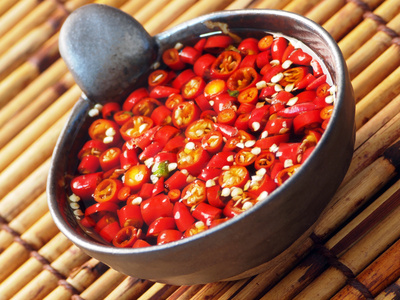
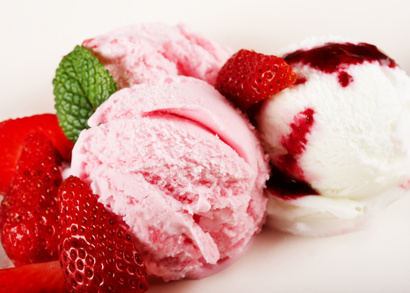
Summer
The Yang qi dominates. External temperatures are high. The diet is focused on cooling foods to nourish the Yin qi and dissipate internal body heat.
Salads, sprouts, cucumber, tomatoes, lettuce, tofu, and flower and leaf teas, apples, watermelons, lemons and limes are excellent cooling foods. However, note Robertson's cautionary note on raw foods and digestion. Temperature cold foods such as iced drinks and ice creams should be avoided as they hold in heat and sweat and interfere with digestion.
Hot flavours such as chillies, fresh ginger, horseradish and black pepper help drive internal body heat to the surface for dispersal. "This is why cuisines from tropical climates such as southern India have hot flavours." says Robertson. "But with Melbourne's dry summers, which dehydrate the body unlike humid climates, hot pungent foods like chillies and ginger can further deplete body fluids."
In general, one should take full advantage of the diverse bounty of summer. A varied diet also ensures replenishment of minerals and oils lost through perspiration.
Cook foods lightly and briefly.
Late Summer
In this transition between the Yang of Spring and Summer and the Yin of Autumn and Winter, foods should be slightly warming and mild. Carrots, cabbage, soybeans, apricots and cantaloupes are ideal. Keep preparations simple with a minimum of seasonings.
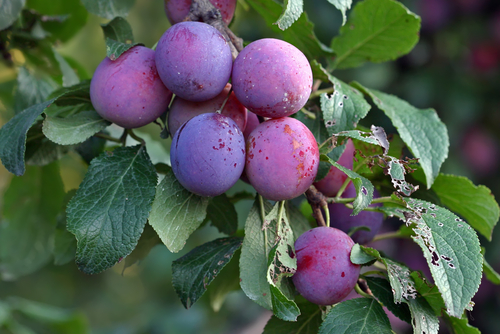
Autumn
As the air is dry in autumn, the body needs to be moistened. Moistening foods include soybean products, eggs, pork, clams, oysters, mussels, sesame seed, pineapples and pears. Minimise consumption of pungent foods such as chillies, onions and garlic.
Autumn is Nature's time of contraction. Mildly sour foods such as sourdough bread, sauerkraut, olives, pickles, sour varieties of apples, plums and grapes, assist the body to contract in harmony with Nature. Bitter and salty flavours which are "sinking" in energy should be progressively introduced into the diet as autumn moves into winter.
Long slow cooking at low temperatures using minimal liquids is recommended to provide the increased energy required by the body.
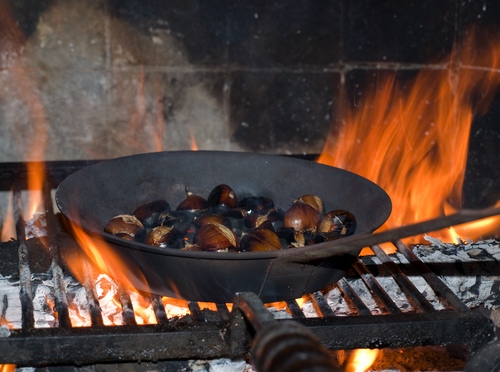
Winter
The diet is focused on cooling the body's surface whilst warming its core. A cool body surface reduces the sense of cold.
Hearty soups, fish, liver, kidney, whole grains and roasted nuts such as almonds and chestnuts, dried foods (especially beans), and steamed winter greens are appropriate. Salty and bitter foods help cool the body's exterior and preserve internal heat. Salty foods include miso, soy sauce, seaweeds and salt-cured foods. Bitter foods include lettuce, watercress, endive, turnip, celery, rye and oats.
Recommended cooking methods are similar to those for autumn.

Western Dietitics & Seasonal Eating
Concepts of "balancing the individual" and "thermal qualities of foods" have long disappeared from Western dietetics. Modern Western nutritional science analyses foods for different components such as proteins, fats, vitamins and minerals; and a balanced diet is based on Recommended Daily Intakes of various food groups. "Whether a food is 'hot' or 'cold' doesn't make any difference to its nutritional value. What matters is what's in the food and the cooking method used," says Milena Katz, spokesperson for the Dietitians Association of Australia.
Seasonal eating is strongly encouraged by the Dietitians Association but for different reasons from TCM. Katz points to the rising incidence of food intolerances. "People are eating the same foods all year round because they are always available in supermarkets. Some of these foods have been sitting in cool stores for long periods. The lack of variety in the diet results in a build-up in the body of naturally occurring food chemicals in foods as glutamates, amines and salicylates, and result in intolerance issues."
From a Western nutritional perspective, Katz notes that the recommendations for consuming a wide variety of fresh seasonal foods and suggested cooking methods in TCM are consistent with a healthy diet subject to limiting the intake of salty foods within RDI guidelines.
East or West: Seasonal is Best
Whichever you look at it, eating seasonally is beneficial for your bodily health. It's also better for the environment when you take into account the high cost of carbon emissions of food associated with long distance transportation of out-of-season foods and cool storage.
